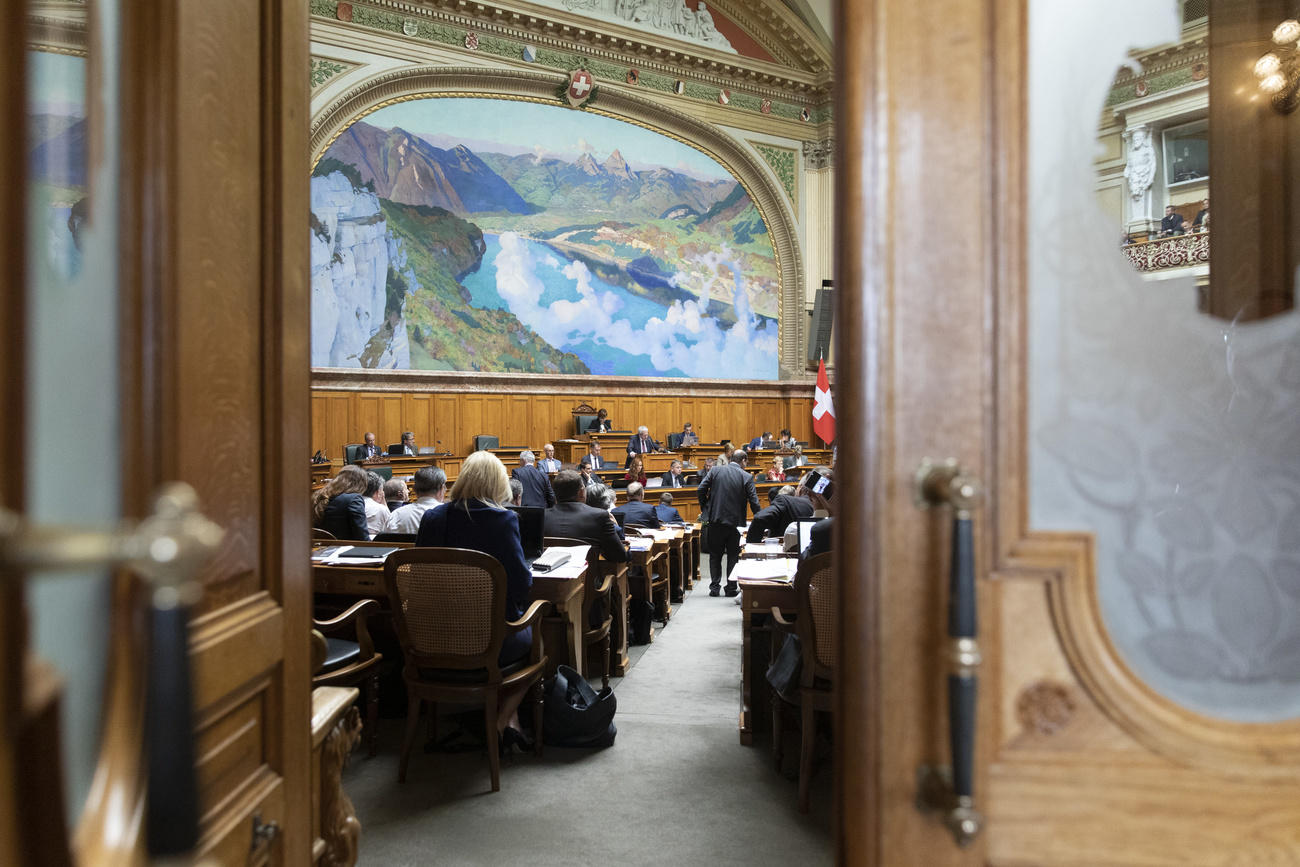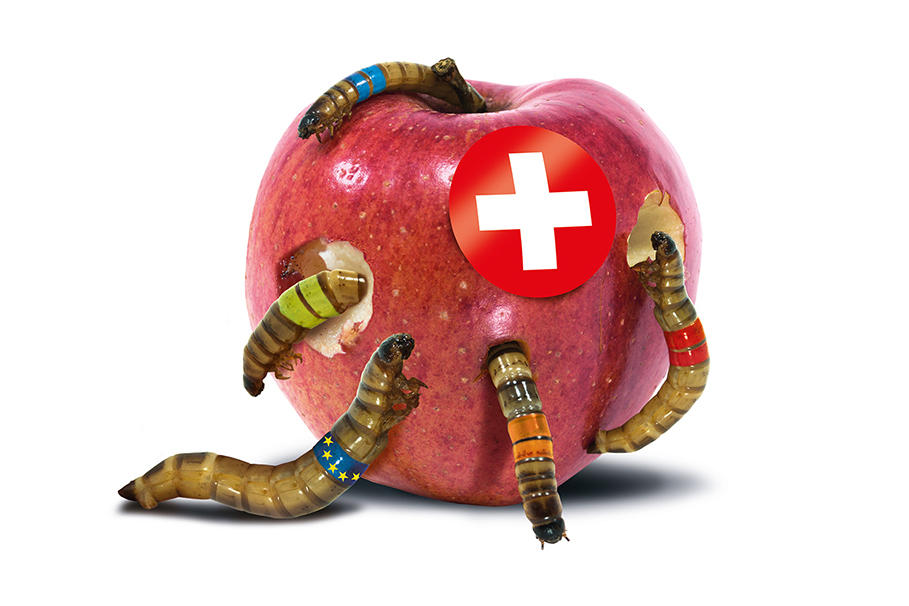
Parliament votes against anti-immigration plans

Switzerland’s House of Representatives has come out strongly against an initiative by the right-wing Swiss People’s Party to limit immigration and cancel a deal with the European Union on free movement of people.
On Wednesday it recommended by 123 votes to 63 rejection of the initiative handed in by right-wing groups in August 2018 demanding a nationwide vote on the issue. Only the Swiss People’s Party backed it, while the government and all the other parties came out against.
The initiative demands that Switzerland should regulate immigration autonomously. If the text were to be accepted in a popular vote, the government would have one year to negotiate an end to the freedom of movement agreement with the EU, and if there were no deal it would have to formally end the agreement within a month after the deadline.
Justice Minister Karin Keller-Sutter said this would be a “Swiss Brexit” and would mean the end of a whole set of bilateral accords with Brussels. Several parliamentarians said this would be disastrous for the Swiss economy. Switzerland could also be excluded from the Schengen and Dublin accords.
The Swiss People’s Party warns that “uncontrolled” immigration could raise the Swiss population to ten million from the current 8.5 million, with further pressure on infrastructure and the environment. It also says free movement of people encourages employers to recruit foreigners at cheap rates rather than Swiss people.
The eight-hour debate over two days is seen as a platform for right-wing groups with anti-EU and anti-foreigner agendas to draw public attention ahead of the parliamentary elections in October.
The Senate, the other parliamentary chamber, is to discuss the initiative before the government sets a date for the nationwide ballot.
In 2014, Swiss voters narrowly approved a right-wing proposal to re-introduce immigration quotas for EU citizens, but parliament refused to implement the provisions. Instead it agreed a watered-down legal amendment giving preference to Swiss citizens over foreign employees.

More
Right-wing apple opens can of worms

In compliance with the JTI standards
More: SWI swissinfo.ch certified by the Journalism Trust Initiative





























You can find an overview of ongoing debates with our journalists here . Please join us!
If you want to start a conversation about a topic raised in this article or want to report factual errors, email us at english@swissinfo.ch.